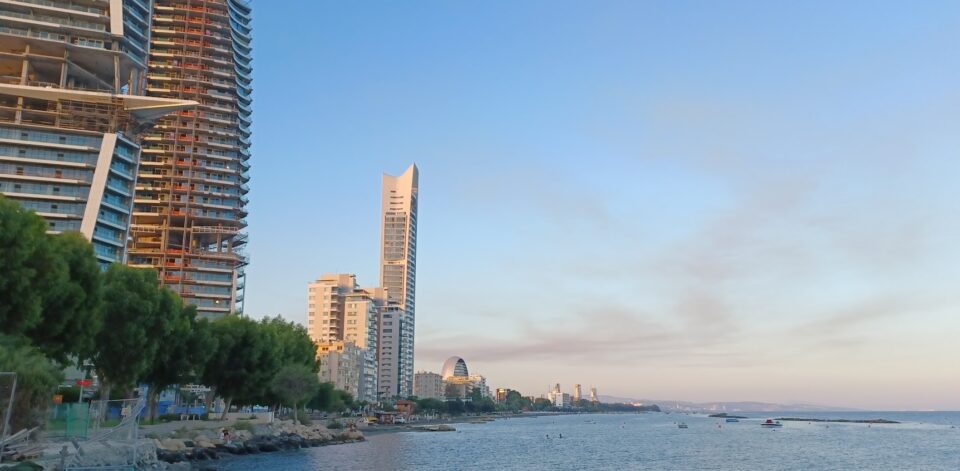20.08.2022
This week, the CEO of Cypriot fintech company WiRE FS, Pavlos Loizou, commented on the state of the tourism sector in Cyprus and how it stands up to financial scrutiny, as well as how it has impacted sustainability efforts on the island.
Loizou noted that at a superficial level, Cypriot tourism has flourished over the past two decades, with tourist numbers and revenues rising from 2.9 million visitors and €2.2 billion respectively in 2001 to 3.9 million visitors and €2.6 billion in revenue in 2019.
These figures reflect a 34 percent increase in the number of tourists and an 18 percent increase in tourism revenue.
“But this just masks the true reality of the situation, because if we adjust the tourism sector revenues for inflation, then the actual revenue generated in 2019 was only 1.9 billion euros, which means that we actually experienced a decline in true revenue. by 11 percent . said Loiz .
“Since 2000, we have not been able to increase the real income generated by the tourism industry, despite the increase in tourist arrivals, successive incentive schemes, higher construction rates, subsidies and other measures,” he added, explaining that this is due to the fact that “ Cyprus preferred volume over quality.”
In addition, Loizou said that Cyprus has managed to increase the number of beds in the tourism sector, but is back where it started, while at the same time not complying with environmental laws, wasting water and paying extremely high prices for energy.
“We have sacrificed our island and we have nothing to show in return, except of course for some exceptions, projects where really good quality work has been done,” said Luazou.
Luazou touched on recently publicized construction concerns in Limassol’s Akrotiri salt lake area, where the environmental department said poor rainwater management was endangering the nearby ecosystem.
“Quality, not quantity, is the future of this island, but quality requires work, organization, rules, oversight, strategy and vision,” said Luazou.
“We lack most of these attributes, although efforts to improve are constantly being made by both the government, but especially the deputy ministry of tourism, and the hoteliers association,” he added.
In addition, Luazou noted that there is strong pressure from those who own residential properties not to be forced to invest in them, coupled with pressure from landowners and real estate investors to open up additional areas for development.
“How will we manage to put the interests of our country above ours if we don’t trust the state,” Luazou said.
“This will remain a challenge unless we give more power and resources to the state, and in return it rewards us with better services and transparency,” he added.
“Technology can play a decisive role in both aspects, so we hope that the government’s digitization process will help us achieve a better future,” he concluded.
















